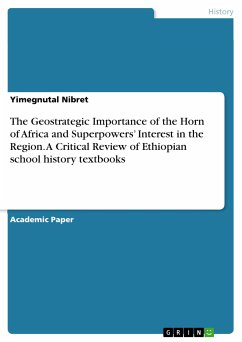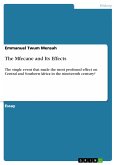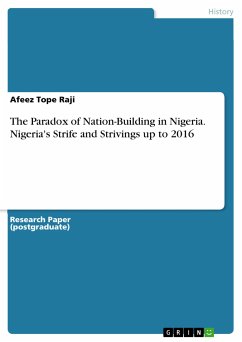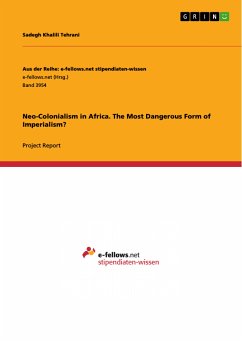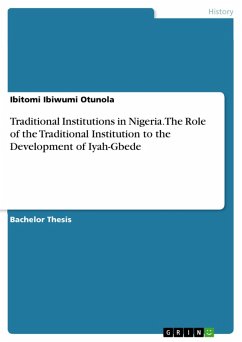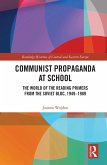Academic Paper from the year 2023 in the subject History - Africa, Bahir Dar University (Bahir Dar University College of Social Science), course: History Education, language: English, abstract: This paper argues that the superpower rivalry in the Horn of Africa has played a major role in the outbreak of the 1974 revolution in Ethiopia. It contends the existing narrative in Ethiopian school history textbooks, which asserts that the 1974 revolution was caused entirely by the internal political, economic, and social upheavals. In fact, the internal factors were heavy enough to cause the revolution. Yet, the external factor, in the Ethiopian context, has played a key role in triggering the internal movements. Additionally, the paper argues that, instead of being a blessing, the Horn of Africa's geostrategic importance has remained a curse and source of strife and rivalry among the peoples and states of the region by attracting superpower competition and involvement. The geostrategic importance of the Horn of Africa has made the region a major scene for superpower contention in the last preceding decades. Historically, three main events shaped the character of the relations between the Horn of African states and the superpowers. These were the Eritrean conflict (1941-1991), the Ethiopian revolution of 1974, and the Ethio-Somali war of 1978/79. The Horn of Africa has always been remained as a field of contest among the superpowers due to its geostrategic significance.
Dieser Download kann aus rechtlichen Gründen nur mit Rechnungsadresse in A, B, BG, CY, CZ, D, DK, EW, E, FIN, F, GR, HR, H, IRL, I, LT, L, LR, M, NL, PL, P, R, S, SLO, SK ausgeliefert werden.

